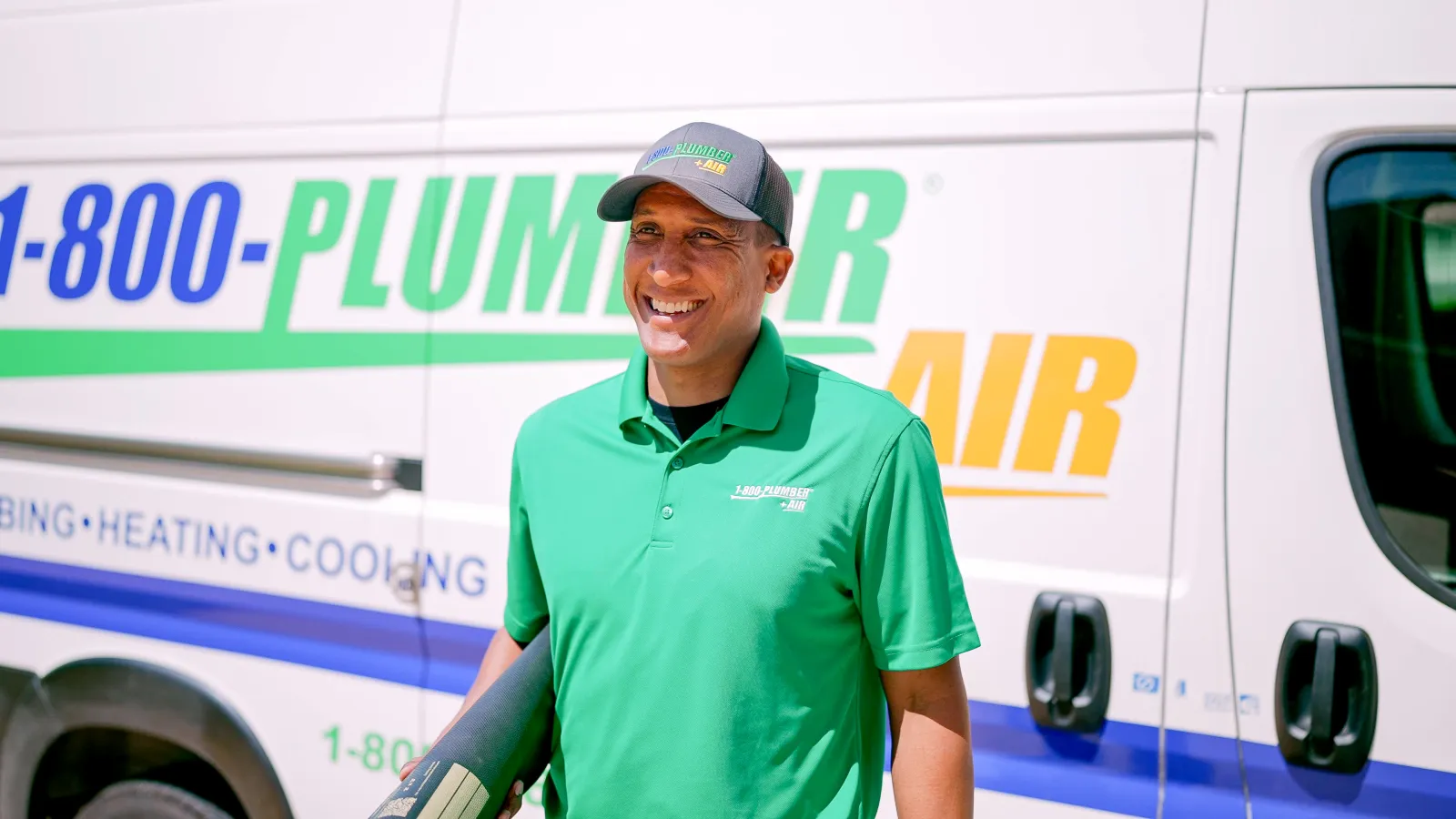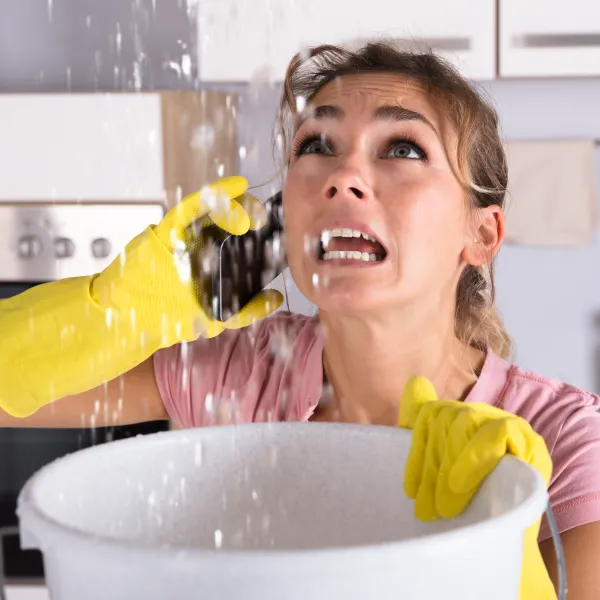
Commercial Plumbing Services
New Braunfels, TX
Having a
HOME EMERGENCY?
Call or Find Your Nearest Pro!
The zip code you entered is not associated with one of our locations. Please visit our Locations page to find your closest location.

Your Professional
SERVICES
Plumbing Services
Our Top Plumbing
Services
Cooling Services
Heating Services
Emergency
Services
Our Top Emergency
Services
Membership Services
Our Top Membership
Services
New Braunfels Commercial
SERVICES

Commercial Plumbing
1-800-Plumber +Air of New Braunfels
Plumbing is the unsung heart of any business. If your commercial plumbing fails, your entire company could be put on hold for days at minimum.
Whether it's an overflowing toilet in the break room or consistently out-of-service guest bathrooms, it's imperative that you handle your commercial plumbing issues ASAP.
Read on to learn why 1-800-Plumber +Air is the right choice for you.
24/7 Plumbing for Businesses
We know how important it is that you stay open, and we also know that plumbing emergencies can happen anytime whether it's convenient or not. This is why our business operates 24/7, allowing for minimal disruption to your business and the comfort of knowing that even if it's late at night, you can rely on someone to help you with your plumbing emergency.
We're dedicated to getting things done quickly. Our team understands the demands placed on commercial plumbing systems, given their increased use and complexity compared to a home system. That's why we always show up on time and do everything we can to provide excellent service that works for your business.
Plumbing Repair vs. Replacement
Repair:
It's not always clear if your plumbing problem requires a repair or a replacement. For the most part, more minor issues like leaks or clogs just need a fixing up before everything's as good as new. Newer fixtures that were recently installed can almost certainly make do with just the repair, too.
Regular maintenance checks and inspections of your fixtures and plumbing system can help prolong their lifespan and save on future repairs. This is especially important for a commercial property, given the large amount of use your plumbing will see. Yearly is the minimum recommended, but many businesses can benefit from more regular maintenance.
Replacement:
Even with the best care and maintenance, though, sometimes a replacement is in order. Commercial bathrooms that are open to public use experience high traffic and wear and tear, causing them to deteriorate at a greater speed than residential bathrooms.
Replacement can sometimes be more cost-effective when plumbing has aged out or needs too many repairs. When pipes are old or severely damaged, there's often nothing else that can be done but replace them. The same goes for old and busted-up toilets, sinks, faucets, and more.
Reliable Plumbing Service in New Braunfels
1-800-Plumber +Air is the best of the best in all things plumbing. You're in good hands if you live in New Braunfels, TX. We handle all things plumbing, both residential and commercial. Our team has seen and fixed almost anything, so nothing you can throw at us is too much to handle.
Whether your business is experiencing clogs, leaks, or something else you can rely on the quality of our service.
We've been a leading name in plumbing since 1999 and have only grown. When you call us, you can count on our team to be fast, efficient, and effective, no matter the nature of the call.
We offer upfront cost estimates and work times to avoid any surprises during or after the job.
Get It Fixed - Schedule Your Appointment Today
Contact us for your commercial plumbing needs. Whether it's maintenance, repairs, or replacement, we can provide you with a long-lasting solution so your business can stay up and running with minimal disturbance. If your commercial plumbing needs help, call our line to schedule an appointment with our team. We'll have your business up and running again in no time.
Ready to
GET IT FIXED?
Contact Us Now!
Emanuel Reyes arrived on time and was extremely courteous and professional. Evaluated problem and took care of it in extremely short time and price was very fair. Will call again when necessary.
John T.
Exceptional service! I highly recommend them for your plumbing needs!
Angelica C.
As a consumer and customer I am very happy with 1-800-Plumber +Air. I really appreciate the concern Joe and his helper showed for my issue and for the work they performed. I highly recommend 1-800-Plumber Air of +Air
Lee
Mason with 1-800-Plumber first listened to my issues and past experiences with other plumbing companies. He did a thorough diagnosis of the problem and found a solution, the correct solution which wasn't the most expensive solution. Thanks for your honesty Mason.
Carolyn P.
First plumber we called wanted $3500.00 to replace everything. Emanuel came out and suggested we change one part and less than $300.00 later we was up and running again. From Mark, to Taylor, and then on to Emanuel the whole experience was professional and I will be a customer for life. Hopefully not often though. Great working with you guys!.
Brian
Jeff did a great job and let us know what was going on continually. He is a very personable technician.
Theresa D.
Kyle provided excelleent service as he always does. I have had some tricky plumbing problems and he has always solved the problem with efficient service and winning personality. He did a beautiful job on my pipe. He takes a lot of pride in his work .
Ruth L.
Chad was a pro..... personal..... and got right to work...... he explained each step he was taking and why .... very pleased with his. service and will highly recommend
Andy M.
Justin and Richard from electric cane. Did a superb job! Highly recommend always!
Satisfied Customer
Very professional and informative!
A B.

24/7
Availability

No surprise
costs at the end of a job

On-Time
Committed to on-time arrivals
SERVICE REQUEST
We know your time is valuable. Select the day and time that you would prefer and we will contact you to confirm this appointment. This date and time are not guaranteed, but we will try our best to accommodate your schedule.
We look forward to meeting your needs!
By submitting this form and signing up for texts, you consent to receive marketing messages from 1-800-Plumber +Air at the number provided regarding your request, updates about appointments and services or promotions and offers, including messages sent by autodialer. Consent is not a condition of purchase. Msg & data rates may apply. Msg frequency varies. Unsubscribe at any time by replying STOP Reply HELP for help. Privacy Policy & Terms
